Publications
Articles, publications, books, tools and multimedia features from the U.S. Institute of Peace provide the latest news, analysis, research findings, practitioner guides and reports, all related to the conflict zones and issues that are at the center of the Institute’s work to prevent and reduce violent conflict.
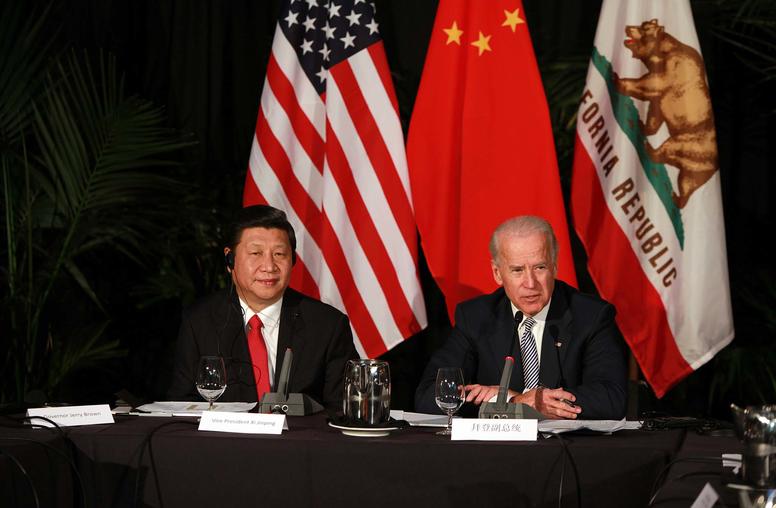
Six Challenges for the Biden Administration’s China Policy
Last week, President Biden held a call with General Secretary Xi Jinping, China’s paramount leader. They reportedly talked for more than two hours, a length that, combined with the call readouts, suggests a weighty and potentially heated conversation. Ties between Washington and Beijing have become strained in recent years as the world’s two biggest powers locked horns over geopolitics, technology, economics, and values. Bilateral relations have entered a new and more difficult phase—even as the global environment is characterized by many pressing issues that would benefit from cooperative efforts to address them. In this context, U.S. policymakers will face six major challenges in dealing with China.
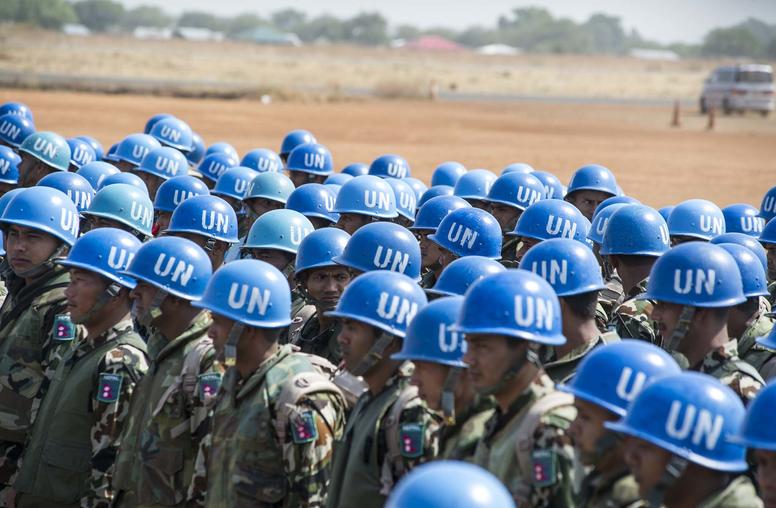
How the Biden Administration Can Revive U.N. Peacekeeping
When American politicians want to temper voter’s concerns over U.S. military commitments overseas, many employ perhaps the most worn-out foreign policy cliché: “The United States cannot police the world.” After all, the United States has neither the capacity nor a compelling national interest in putting boots on the ground to resolve every global crisis. But, this begs the question: Who will step forward when boots on the ground are needed?
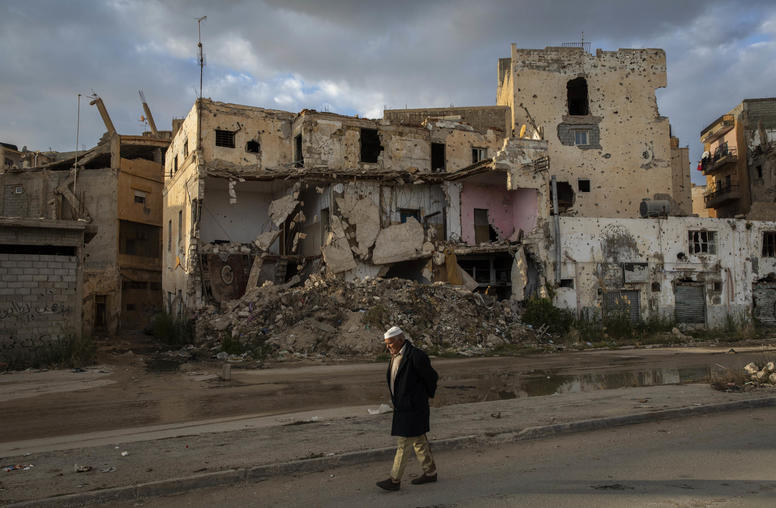
Libya 10 Years After Revolution: To Forgive or Forget
This week marks the 10-year anniversary of the uprising that overthrew the four-decade dictatorship of Muammar Qaddafi. In the intervening decade, Libya has been mired in conflict and political gridlock, exacerbated by competing power centers and longstanding tribal hostilities. What’s more, a host of foreign powers have entered the fray, looking to pursue their own interests rather than build a peaceful Libya. While there is momentum toward peace in recent months, Libyans will have to decide for themselves how to arrive at reconciliation and build a roadmap to get to a sustainable peace. But what does that look like?
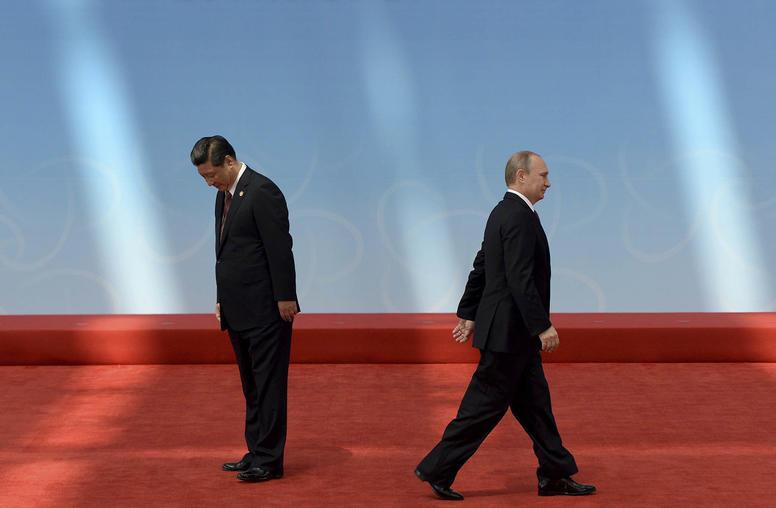
What a Russian Nuclear Escalation Would Mean for China and India
Since Russia began its assault on Ukraine last February, India and China have straddled the fence by hinting at their concerns regarding the war’s global fallout while avoiding direct public criticism of Moscow. Despite rhetorical consternation and calls for a peaceful resolution, neither has shown a willingness to meaningfully push back against Putin’s escalations in Ukraine. Instead, the two Asian nuclear powers are approaching the situation with caution and calculated diplomacy to preserve their own strategic interests — both in Russia and the West.
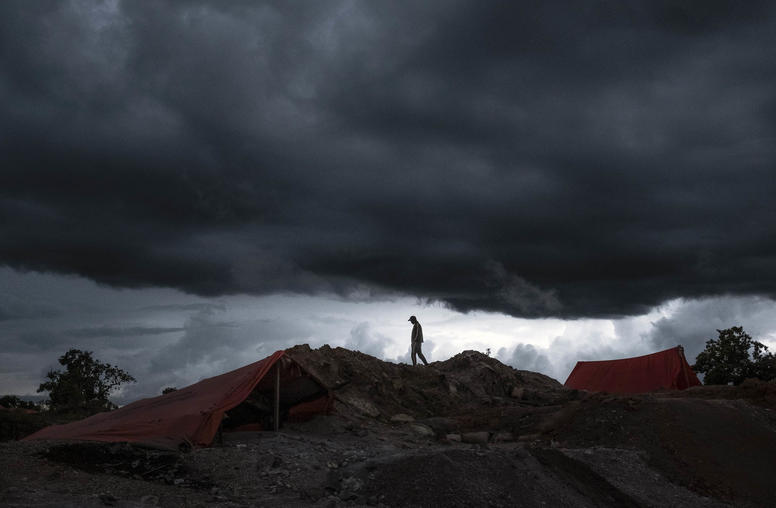
Moving Toward a Just Transition in Green Minerals
We need minerals to build the solar panels, wind turbines and other technologies that will decarbonize our economies — and we need a lot of them. The World Bank estimates that demand for lithium, cobalt and graphite could jump by as much as 500 percent by 2050. Yet mining for these resources has had a fraught history, and it continues to be associated with a hefty list of human rights and conflict risks, including violence, child labor, poor working conditions, land rights abuses, environmental damage and pollution, and a lack of community participation.
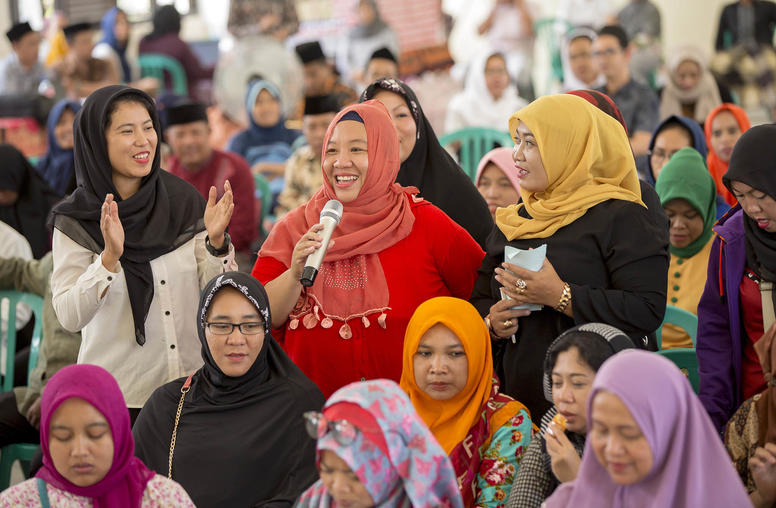
Women’s Inclusion in Peacebuilding Needs to Start Earlier and Go Further
More women are participating in peace processes, but institutions still need to make sure that women’s roles are meaningful rather than just symbolic — and that requires looking far beyond reserving seats at the table during peace negotiations.
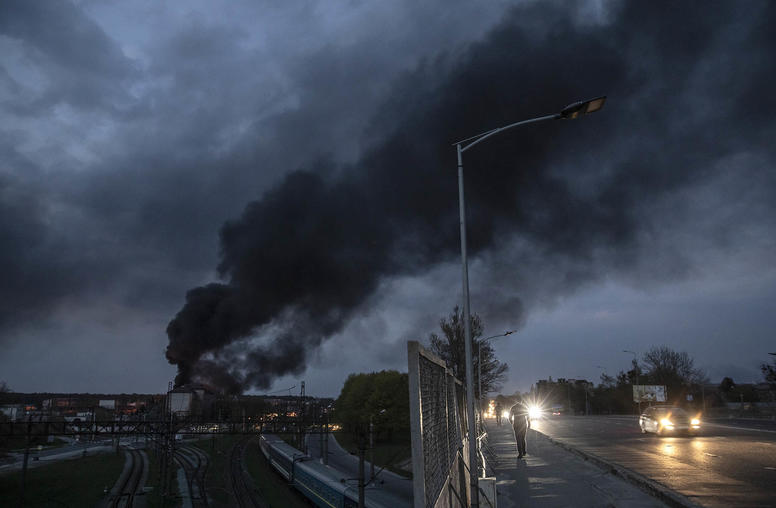
A Missile Strikes Poland: How Russia’s War Could Spread
When a missile slammed into a Polish village Tuesday, killing two farmers, it brought Russia’s war on Ukraine directly to the territory of a NATO ally. The immediate uncertainties included media speculation, and an assertion by Ukraine’s government, that Russia had struck Poland, risking a direct NATO response and an expansion of the war. That immediate threat eased as evidence grew that a Ukrainian air defense missile had strayed — but the incident illustrated that the dangers of an escalated war are real. The only true remedy for this threat is for Russia to stop waging war against Ukraine.
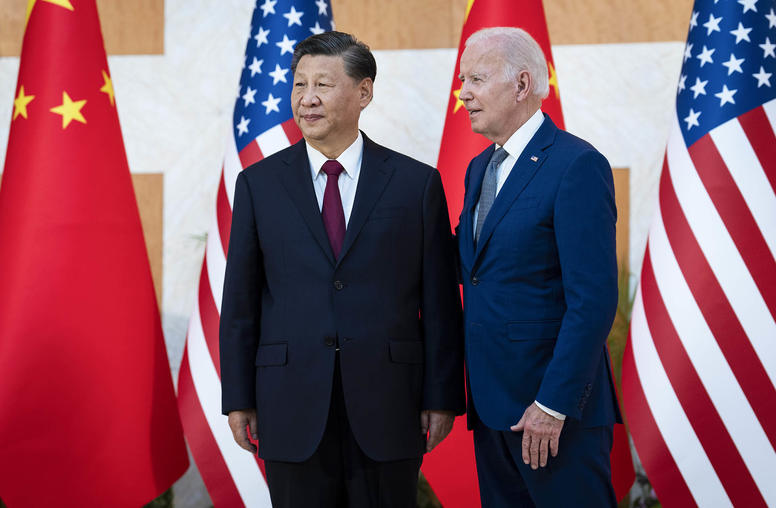
Three Key Takeaways from the Biden-Xi Summit
With the U.S.-China relationship at its lowest point in decades, the American and Chinese leaders met this week on the sidelines of the G-20 summit in Indonesia for their first face-to-face summit since Joe Biden was elected. The deteriorating bilateral relationship became particularly concerning in August when China cut key lines of communication between Washington and Beijing, including on critical military and climate issues, following House Speaker Nancy Pelosi’s visit to Taiwan.
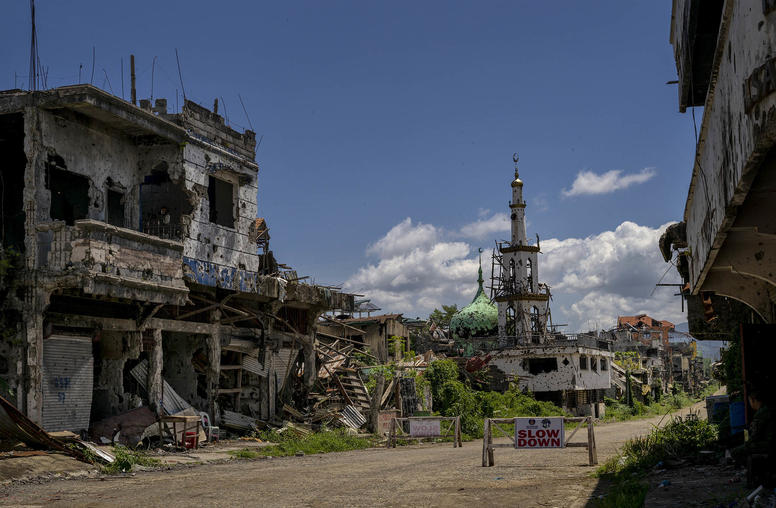
Three-Year Bangsamoro Transition Extension Seen as a Critical Opportunity
Engr. Mohajirin Ali is the director general of the Bangsamoro Planning and Development Authority (BPDA), which coordinates the formulation of the Bangsamoro government’s socioeconomic development policies and plans, and monitors and evaluates those plans. Aliah Adam, who serves as the coordinator for local NGO Singanen O Mindanao and as a consultant for USIP, recently interviewed Ali to discuss the BPDA’s role, the major achievements of the Bangsamoro Transition Authority and the importance of the three-year extension of the transition period of the Bangsamoro Autonomous Region of Muslim Mindanao. The following are edited excerpts from the interview.
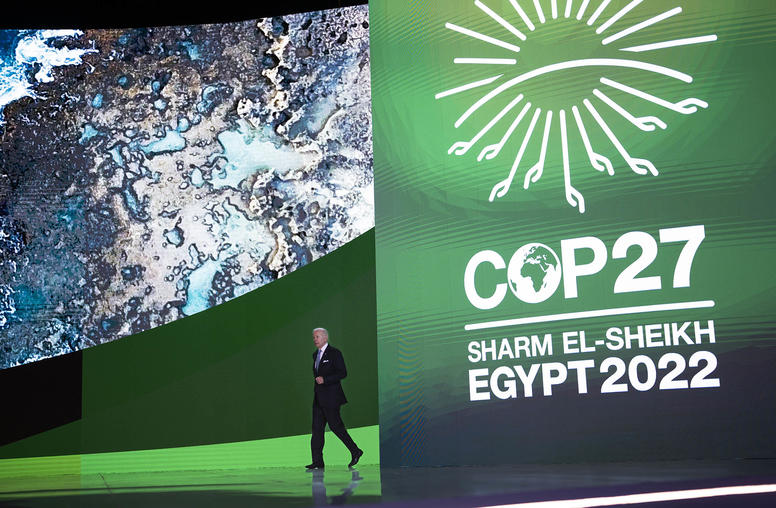
Four Takeaways from the COP27 Climate Conference
Many global headlines from last year have been shaped by — or contributed to — the visible impacts of climate change. From the floods in Pakistan to the droughts in East Africa, Europe’s energy crisis, global inflation and even the war in Ukraine, the gravity of the climate crisis has come into full focus for millions of people around the world.